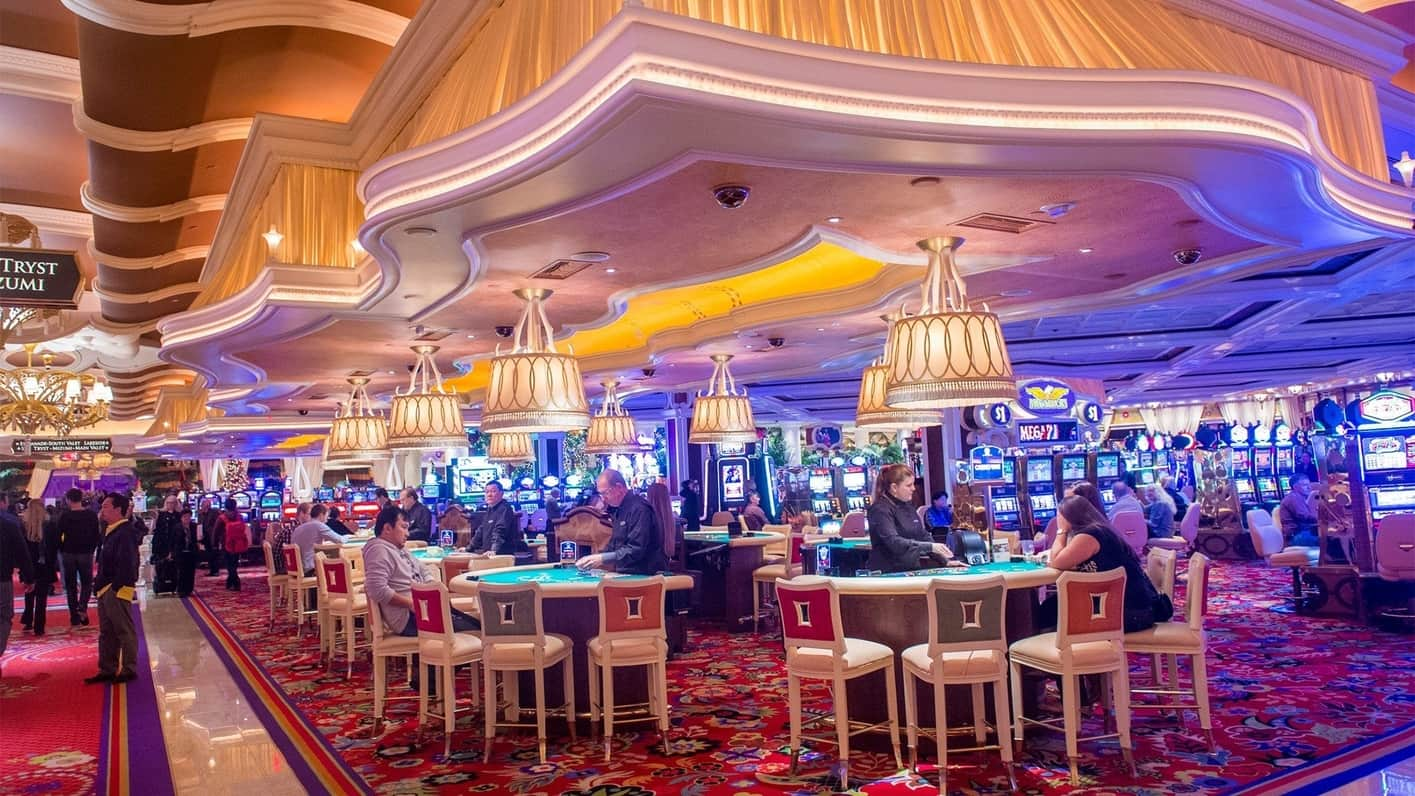
A world of leisure has seen numerous shifts over the years, but not many have captured the imagination and thrill of gamers quite like gambling games. Emerging in from the bustling halls of Las Vegas, Nevada and Atlantic City, New Jersey, these games have spilled over borders and societies, becoming a worldwide phenomenon. Whether in the bright lights of a luxury resort to the comfort of online sites, the allure of gambling games is undeniable, luring millions into a realm of luck and tactics.
As more countries embrace betting in various forms, the influence of U.S. casino games is evident. They have not only shaped local gambling markets but have also inspired countless adaptations and innovations globally. Classic games such as poker and the blackjack, along with modern variations, have created a shared language of entertainment that resonates across varied populations. The mix of gambling risks, reward, and social interaction found in these games fosters a unique sense of community, further solidifying their place in the global entertainment sphere.
Historical Overview of U.S. Gambling Activities
American casino gambling activities have a rich and varied past that mirrors the societal development of the U.S.. The origins of these games can be traced back to multiple Europe’s gambling traditions introduced over by colonists. Games like poker, the blackjack game, and the roulette game worked their way into the mosaic of American culture in the 1800s century, gaining fame in saloons and steamboats. These places offered the ideal setting for community engagement and rivalry, establishing a solid basis for casino gambling as we recognize it today.
As the country expanded to the west, gaming evolved alongside it. The Gold Rush era in the mid-1800s saw the rise of gambling towns such as Deadwood and Tombstone, where games were played with big bets, frequently accompanied by an air of lawlessness. This period paved the way for the establishment of casino games in the beginning of the 20th century, especially with the creation of Las Vegas as a gaming center. The building of opulent casinos transformed the gaming landscape, creating an environment where gambling activities could flourish and attract tourists from across the world.
In the past few decades, the legalization of casino gambling in various states has further diversified the variety of games available. American casinos now offer a combination of traditional gambling activities and innovative options that serve to contemporary players. This growth has allowed for a unique fusion of old and newfangled, facilitating the ongoing evolution of casino culture in America. The international impact of these games has also contributed to their incorporation into global gaming industries, showcasing the enduring impact of U.S. casino games around the globe.
Global Popularity and Influence
The rise of U.S. gambling titles has marked a notable shift in the global gaming landscape. With their attraction crossing boundaries, these titles have captivated players around the world. From Texas Hold’em tournaments to slot machines, U.S. styles have established a home in many global casinos. This transfer of culture emphasizes how adaptable and compelling these games are, adapting to local preferences while preserving their classic U.S. charm.
Moreover, the impact of these games extends beyond traditional gambling venues. Digital platforms have played a pivotal role in promoting U.S. casino titles, making them available to gamers globally. The convenience of online gaming has brought millions to opportunities that were once confined to brick-and-mortar casinos. Players can now play their beloved games from anywhere, creating a fresh wave of excitement and expanding the player base considerably.
This global embrace is also reflected in the integration of American casino games into local traditions. Countries that have embraced these titles often host their own versions and tournaments, mixing local traditions with U.S. gaming traditions. This fusion not only enhances the gaming experience for participants, but it also underscores the strong impact that U.S. gambling games have on both leisure and community engagement across various societies.
Social Adaptations and Improvements
Casino games have undergone major changes as they spread across various cultures. Every area has absorbed elements of U.S. gaming while adding its own customs and practices. For example, the rise of digital casino sites has enabled for the integration of local character into classic games like Texas Hold’em and blackjack. Gamblers now experience versions that include regional wagering styles and unique rules, making the games more accessible and inclusive for varied audiences.
In many countries, the popularity of gambling games has resulted to the creation of localized versions that reflect cultural themes and narratives. This flexibility has paved the way for innovative game development that connects with players on a individual basis. Slot machines, for example, now feature imagery and audio that celebrate local heritage, folklore, and pop culture, which in consequently enhances the gaming experience and fosters a sense of community among gamblers.
Moreover, the worldwide impact of U.S. casino games has led to new game formats and blended styles. Some venues have merged traditional gambling with entertainment aspects, such as live performances or interactive tech, resulting in a more engaging experience. These developments not only attract a wider audience but also ensure that the essence of gaming continues to progress, bridging gaps between diverse cultures while preserving the excitement that casino games are celebrated for.
23win
